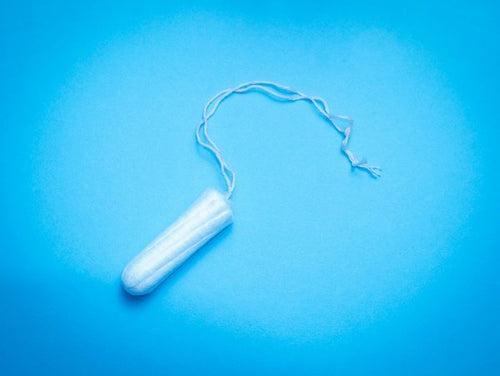When we talk about the hormone estrogen, it’s often in an accusatory way. After all, this is the hormone that’s largely responsible for increased acne, mood swings, and other unpleasantries that happen to some of us during various period phases. For these reasons and more, estrogen has earned its spot as the brunt of tasteless jokes (any woman with brothers knows this firsthand).
But in reality, estrogen is a very important hormone for female reproductive health and development. Without it, we wouldn’t be able to perpetuate the human race. We’d also be more likely to develop heart disease (one of the surprising benefits of oestrogen is that it keeps our arteries flexible and free from plaque. Who knew?)
The happy truth is, when our estrogen levels are balanced, we don’t experience unpleasant symptoms. It’s only when estrogen becomes imbalanced that we start to feel unwanted side effects. As with any hormone imbalance, excess estrogen can lead to symptoms we’d rather not experience (we’re looking at you, excessive breast tenderness!)
Fortunately, high estrogen symptoms are pretty easy to spot once you know what you’re looking for. If you determine that high estrogen levels are to blame for your symptoms, you can take steps to bring your hormones into proper balance by making lifestyle changes and/or taking hormone-balancing supplements such as Hertime.










